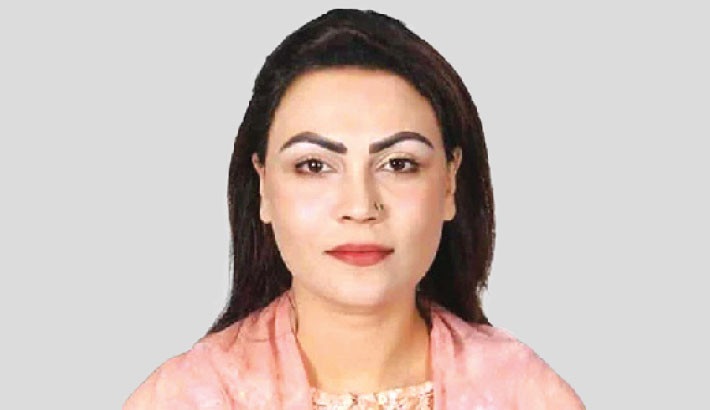We Must Not Forget Accomplishments of July Uprising
Audite Karim | Source : Daily Sun, 27 February 2025

The 5th of August was a historic day for Bangladesh that saw the downfall of a fascist regime in a mass uprising. It proved once again that none, no matter how strong, can withstand the united force of a people driven by democratic aspirations. However, seven months after the ouster of autocrats, the uprising’s achievements appear to be fading.
At least three major players in the country have voiced similar concerns. On 25 February, Army Chief General Waker-uz-Zaman, BNP’s Acting Chairman Tarique Rahman and Anti-Discrimination Student Leader, also a former advisor of the interim government, Nahid Islam voiced the same concern: the dreams of the anti-discrimination movement largely remains unrealised amid multifaceted crisis.
While both General Waker-uz-Zaman and BNP leader Tarique emphasised holding general elections by December as a way out of the threats looming over the country, Nahid sought to form a new political party to realise the uprising’s goals. Tarique has also urged his partymen to remain cautious against attempts to thwart the planned general elections by the end of the year.
Since 5 August last year, the country’s law and order situation has worsened drastically, forcing the home adviser to hold a press conference past midnight recently to assure wary and agitated citizens. Despite the adviser’s assurance of overnight improvement in law and order crisis, uncertainties remain.
Night movement even in the capital city Dhaka has become a nightmare for many. If this situation continues, people will lose faith in the current interim government, and the policymakers obviously feel this. Officials are also working diligently, even though the comments of some are irksome.
On the day the Home Affairs Advisor held a press conference at 3 AM regarding the law and order situation, another advisor accused Awami League of distributing money to worsen the situation. However, the government’s job is not to blame others but to solve problems. Blaming others is merely a way to evade responsibility—a long-standing tactic of past governments.
Whenever Awami League failed to control law and order, inflation or other issues during its fifteen and a half years rule, it blamed BNP and opposition parties, using conspiracy theories to escape accountability. But such tactics no longer work. Fear-mongering about Awami League will not be enough. If Awami League is truly inciting violence and destabilising law and order, it is the government’s duty to stop them. Criminals must be held accountable, regardless of their political identity.
The public does not and should not care about conspiracies; they want a safe and peaceful country with improved law and order and the freedom to move safely. The government must identify the root causes of law and order deterioration and take concrete steps to resolve them. The army chief has highlighted some crucial reasons behind the surge in crime rates.
In his 25 February speech, General Waker-uz-Zaman said, the police, RAB, BGB, NSI and others are not working smoothly due to potential legal and other forms of threats against them. General Waker agreed that law enforcers who committed crimes must face justice, but the undermining of an entire force in the process would benefit none. He has most likely identified the main factor driving crime rates: the massive manpower shortage in law enforcement tasks.
The army has been the lone standing force against the rising number of crimes, while the police and other internal law enforcement agencies remain wary of lawsuits and other legal repercussions for the alleged involvement of many personnel in Awami League-era misdeeds.
However, the military has been on the ground for a long time and is now exhausted. Even the army chief has stated that maintaining law and order is not solely the army’s responsibility. This raises the question of what the government should do next. The political sphere is divided on this issue. Many believe that holding elections quickly and transferring power to an elected government is the best solution to end the ongoing uncertainty.
The BNP strongly advocates for elections by December, suspecting conspiracies to delay the process. However, student-led groups and some other political parties prefer local government elections first and want to see justice for those responsible for mass killings before national elections are held. The next elected government, potentially BNP, would shirk responsibility for trying activists of Awami League.
The election crisis signals new political tensions. The army chief expressed hope for elections by December after discussions with the chief advisor. The July Revolution aimed for an inclusive, democratic government where people had power, but the current situation suggests otherwise. Instead of empowerment, citizens face increasing insecurity, lawlessness and economic stagnation. To uphold the revolution’s ideals of equality and democracy, an elected government must be formed without delay. Only through a fair and inclusive electoral process can stability and public confidence be restored.
The writer is a playwright
and columnist